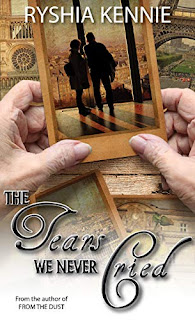First of all, let me start with common myths about women's fiction.
Hopefully this gets you thinking a bit. But let's dive into this a bit more. If this is not what women's fiction is, then what is it?
Let me break this down for you a bit more.
When we talk about the female journey, we are talking about how a woman navigates the real world. This connects to the later points of what it is to be a woman, but also how the woman sees the world. It is that unique lens that they view the world with. If you think of Phillipa Gregory, she writes Historical Fiction but the perspective of the Tudors is through that female lens and not the standard, male historical fiction we often see in history courses.
I want to take some time here to talk about common themes. No, this is not a limited list, but it should give you an idea. Themes might include coming to grips with working in a male dominated business or culture. It might be traveling to a country that sees women as different. It might be family issues or exploring the world after a major life change.
Let me stress here that women's fiction DOES NOT have to include every theme in one book. Really good novels tend to focus on just one issue. For example, in Ryshia Kennie's novel, THE TEARS WE NEVER CRIED the focus is on a daughter coming to grips with her mother's onset of Alzheimer's and the urgency of getting to know her mother better before time is up. While the topic is not one that we want to face and might seem depressing, it is a story that readers can walk away learning something from it. It is one of those books that the reader can connect to.
I think another piece of women's fiction is that these are the books that tend to get picked up for Book Clubs. What is interesting is that the themes in the books lead to personal discussions and not talks about the actual book. Women's fiction is a genre that lends itself to personal discovery and reflection.
Now, going back to the other ideas of the Happily Ever After and the sex in the novel. Neither of these are necessarily factors in a story. If there is a happily ever after, then great. If not, who cares? It is all about the message. The same goes for the sex in the novel. It is only needed if it is integral to the theme of the story.
Hopefully that helps some!



No comments:
Post a Comment